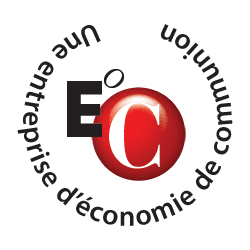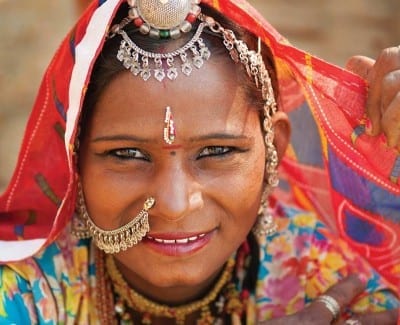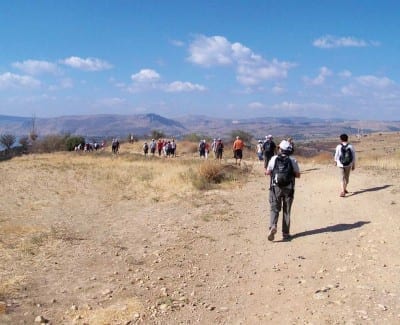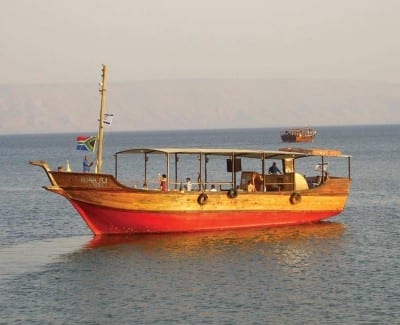Identity and mission of Spiritours
A unique tour operator that specializes in spiritual renewal journeys and Christian pilgrimages for small groups, with an accent on responsible tourism. *
* Fair tourism must allow the development of the traveler and the host. Its resources must encourage the local economy and the sustainable development of the visited populations.
The reference in Quebec
Founded in 2003, we are the pioneering agency in spiritual renewal journeys and the only tour operator in French-speaking Canada exclusively specialized in spiritual and faith-based tourism. Our team is staffed with experienced professionals. We have a solid reputation with over fifteen years of experience.
Our mission
Allow individuals to take a break and reflect on their lives and renew themselves. Offer tools for personal and spiritual growth in the context of a trip. Focus on and bring about the encounter with self and the other.
To leave in order to better find yourself
The ideal is to withdraw completely from your worries, social commitments, roles and expectations of others, as well as the overwhelming flow of information. Going abroad allows this retreat, this necessary distance from your daily life in order to find inner harmony. Also, coming in contact with another culture promotes a comprehension of the influence of your cultural and social framework and allows you to dissociate from your false identities and, in turn, discover the profound essence of your being.
Our philosophy
Are you tired of running around?
Why not take a break to renew yourself and reconnecting with this important part of yourself that you neglect way too often: your soul!
This characterises the atmosphere of our trips: travels that are thought-provoking and give you tools for human and spiritual growth. The objective: To go a step further, regardless of the point where everyone is at. Everyone’s pace and liberty of belief are respected. Moments of silence are encouraged, for a profound renewal. Nature occupies a privileged place. It leads to contemplation and is often a reflection of inner landscapes. Mutual acceptance is encouraged in the small groups in order to develop fraternity, self-respect and respect of others, sharing and listening.
Towards a culture of giving :Solidarity fund
We have created a solidarity fund in order to help youth and any person that has experienced situations of homelessness who are registered in a social reintegration program to complete a travel plan to “open their eyes, heart and spirit to new horizons of the world and their inner world”.
“Come away to a deserted place, and rest awhile.” (Mc 6, 31)
Sharing of profits
Whoever adheres to the project of the economy of communion freely decides to use the profits of the company he owns with equal attention to these three points:
- To help people in financial difficulties, by providing them with the minimum necessary, starting with those who share the spirit that animates this project;
- To carry out a formation in the “culture of giving”, without which it is not possible to achieve an economy of communion;
- Develop your business.
Distribution in the world.
The economy of communion has met with an immediate response, particularly in Latin America and Eastern Europe, where it brings hope in the face of the fears of a savage capitalism prevailing after the collapse of socialism.
It is spreading rapidly on all continents. To date, approximately 800 companies, large and small, have joined the project, including more than 200 in Latin America and 300 in Europe.
More infos: https://www.edc-online.org/fr/

Economy of communion
We are a member of the economy of communion, a new economic model that puts the human being at the top of its priorities instead of capital. Benefits are shared in three parts: the first to help the most disadvantaged, the second to educate to a “culture of giving” and the third to develop the business. The concept of the economy of communion was launched by Chiara Lubich, founder of the Focolare Movement, in 1991, to reduce the gap between rich and poor.
This new economy project proposes a conduct inspired by gratuity, solidarity and care for the most unfortunate, not for non-profit making activities, but mainly for businesses oriented towards, by definition, the pursuit of profit, which will later be shared in a perspective of communion.
In view of the phenomenon of financial and economic globalisation, that certainly opens new perspectives, but implements a development model that widens the gap between rich and poor, a sense of urgency arises for a profound change in culture and economic praxis.
During a trip to Brazil in 1991, Chiara Lubich gave rise to the “economy of communion” project, to offer, even at most with its mere rudiments, a response to the tragedy of the extreme poverty of populations denied the most fundamental human rights.



What a beautiful journey, both inside and outside. I thank the Eternal for having allowed me to live this journey with all the openness of the heart of the people with whom I shared these moments of eternity. It will remain forever inscribed among the most beautiful moments of my life.
Chantal T., Québec

